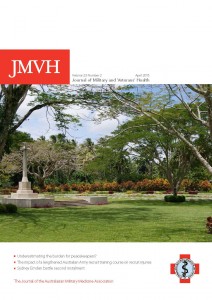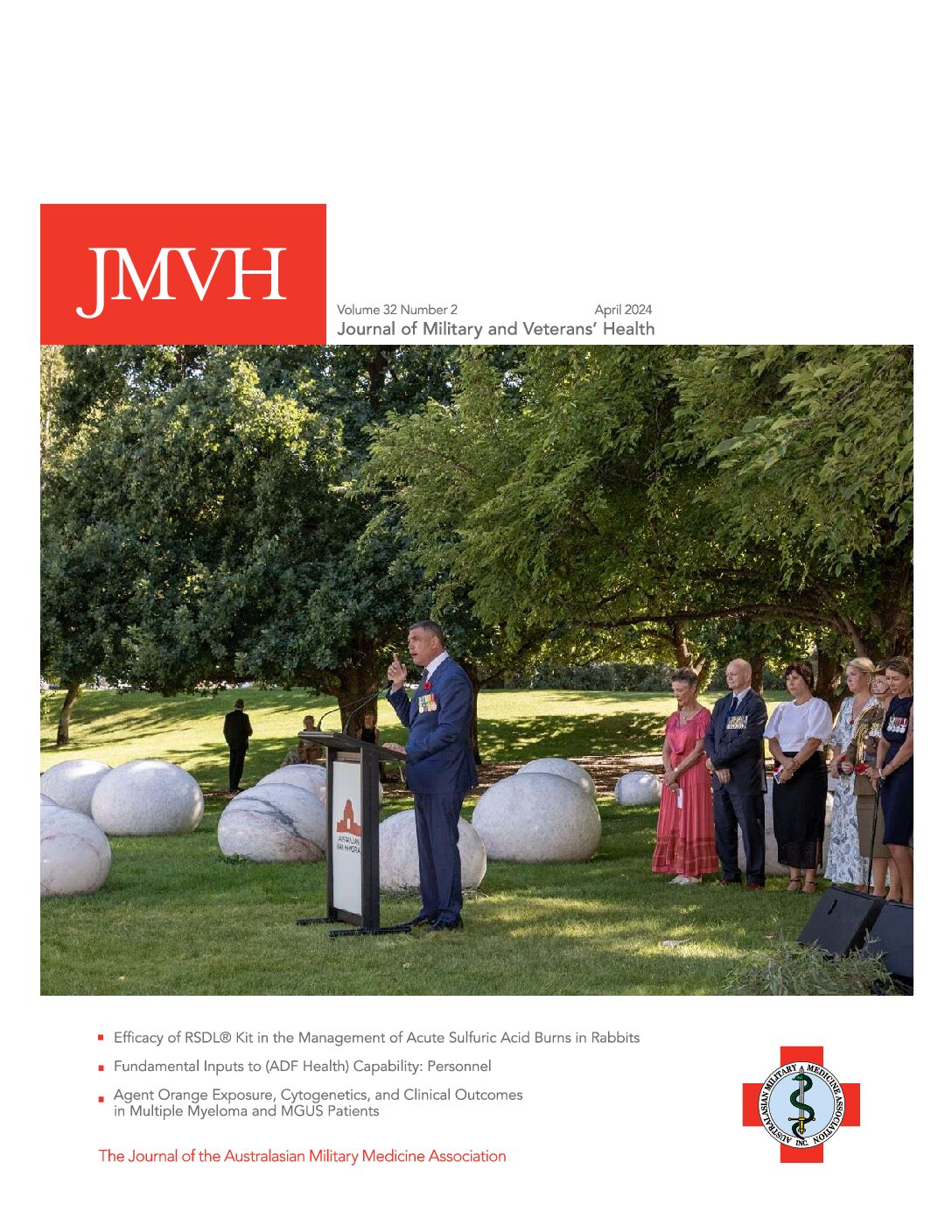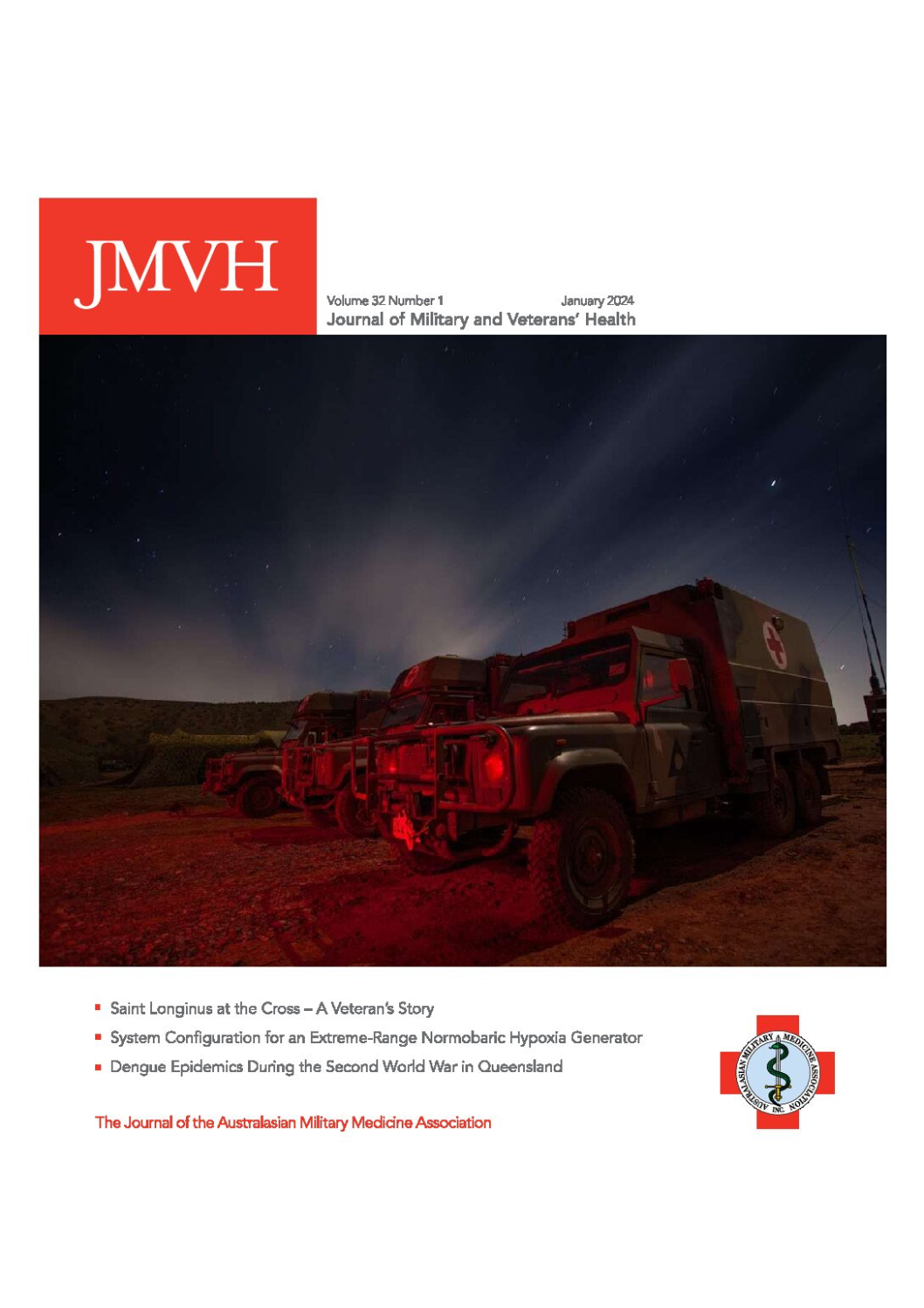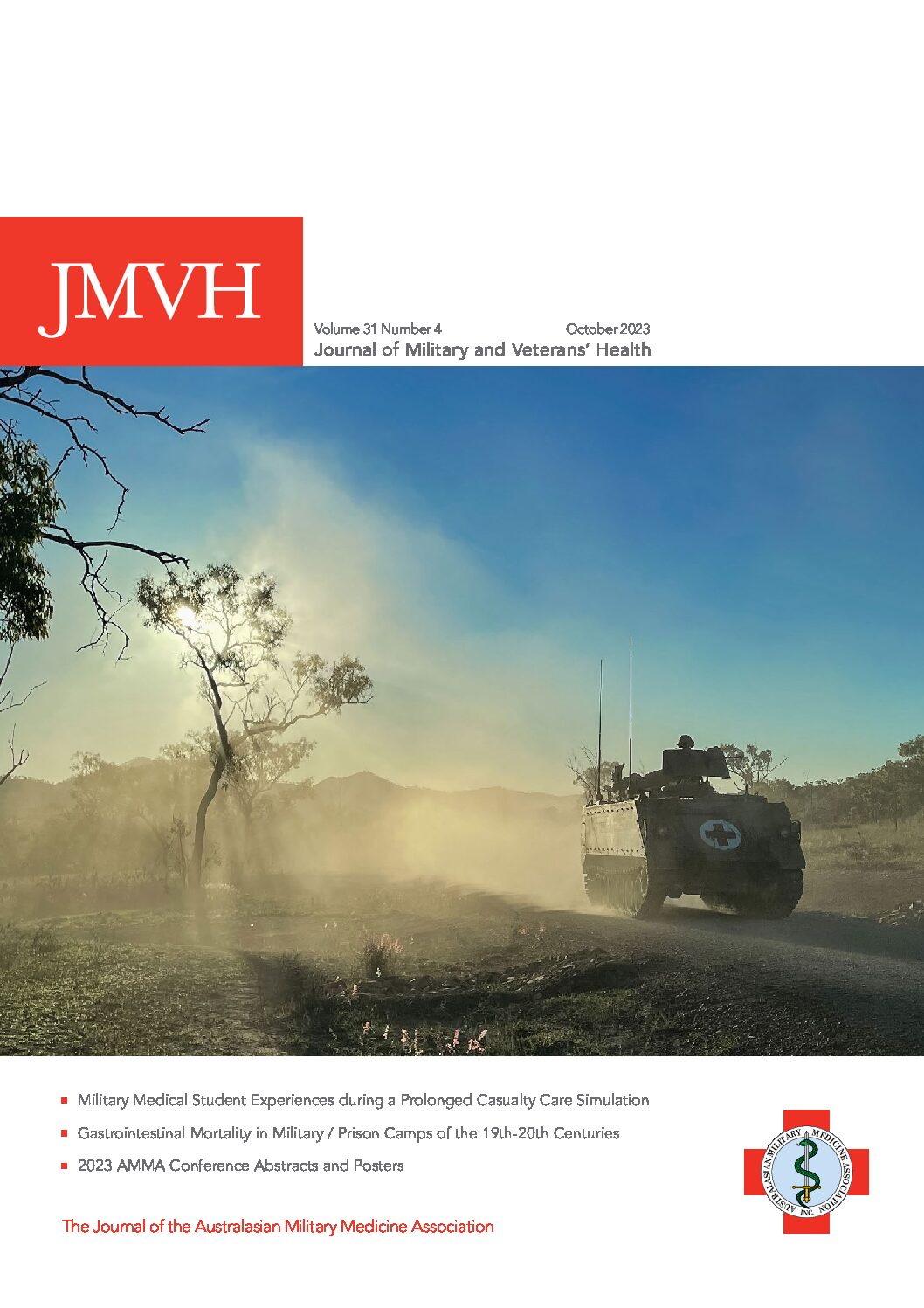Textbook of Adult Emergency Medicine* Peter Cameron, George Jelinek, Anne-Marie Kelly, Anthony F.T. Brown and Mark Little
*4th edn, 1104 pp, paperback with illustrations, ISBN: 978-0-7020-5335-1. Sydney, Churchill Livingstone (an imprint of Elsevier), RRP: $114.74, 2014. The International Federation for Emergency Medicine definition of emergency medicine is provided in the Introduction of the Textbook of Adult Emergency Medicine, which defines the areas as: “a field of practice based on the knowledge and… Read more »




 Download the whole edition here.
Download the whole edition here.


